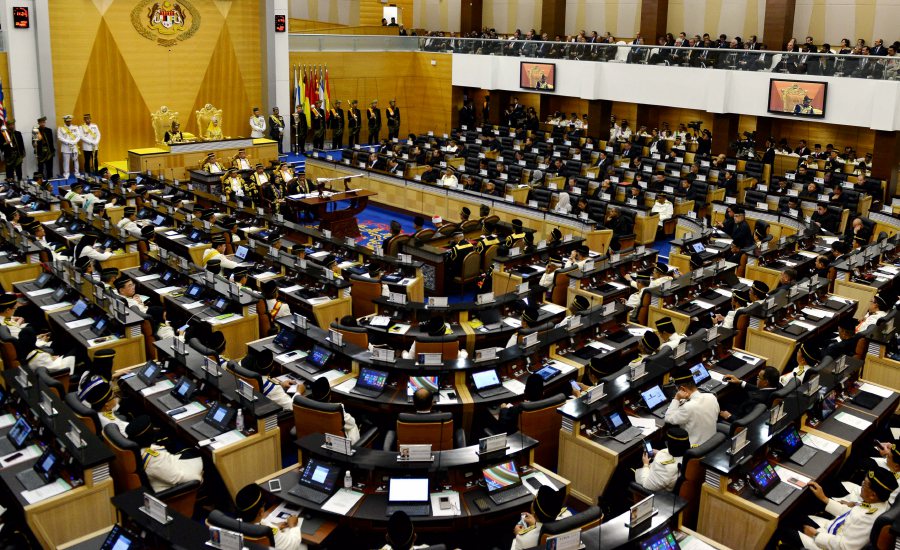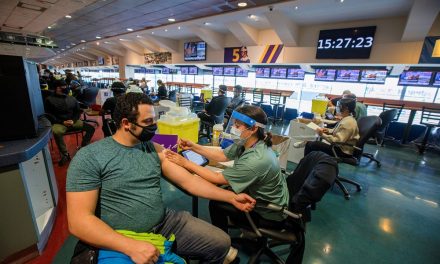KUALA LUMPUR | The protection of worker’s rights in Malaysia will be on par with international standards and adheres to conventions established by the International Labour Organisation.
This follows the move by members of the Dewan Negara to approve amendments to the Industrial Relations Act 1967 [Act 177], said the Human Resources Ministry.
“The amendments are part of the holistic review and in conformity to international standards in bringing transformation to the industrial relations landscape in the country,” said the ministry in a statement.
It added that the amendments to the Industrial Relations Act 1967 was part of Promise Number 35 of the Pakatan Harapan election manifesto.
The ministry said the key areas of amendments including representations on unfair dismissals, appeal against Industrial Court award to High Court, enhancing the recognition process, sole bargaining rights, allowing trade union of workmen to raise questions of general character, reference of trade disputes to industrial court and others.
“The Ministry is also reviewing several other labour legislation’s including the Employment Act 1955 and Trade Unions Act 1959, which is expected to be tabled soon,” the statement said.
Meanwhile, the amendments adopted by the Senate on Act 177 has been described as a game changer.
Sarawak division’s Malaysian Trades Union Congress secretary Andrew Lo said the amendments paved the way towards ratification of ILO Convention 87 that gives workers the fundamental right to join a union of their choice, amongst many other benefits.
“On behalf of all workers and unions in Sarawak in particular and Malaysia, in general, we express our deepest appreciation to MPs and Senators from across the political divide for their wisdom and vision to unanimously (at the Dewan Negara) vote to pass the IRA Amendment Bill 2019 (Act 177)”, he said.
Lo also said that the amendments to the act would help to propel the way forward towards an equitable industrial relation and empower workers to have better bargaining position to improve terms and conditions of employment.
“This will, in turn, facilitate a high income, high productivity workforce.
“Employers will have to invest in innovation and smarter human resources management and manpower planning instead of forever relying on low skill foreign workers. It will increase their competitiveness in a global economy”.
Lo called upon like minded employers’ groups and union leadership to work together to push the country forward in line with international standards.









